Understanding Motivational Theories in Physical Education
PLT4M
JUNE 7, 2022
Sean Fullerton is a former secondary physical education teacher and current Ph.D. In this article, Sean explores motivational theories in physical education. Be on the lookout for lots of great content from Sean as he helps take the academic angle of physical education best practices. PLT4M Classroom.

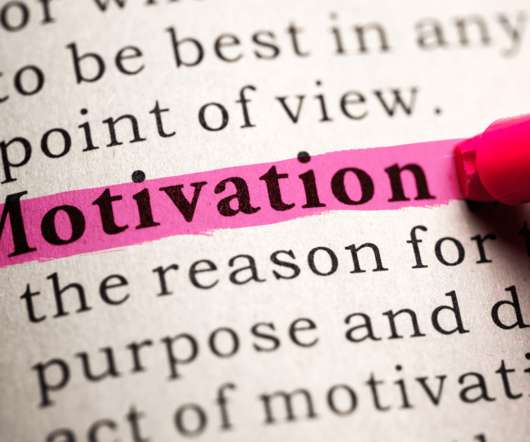
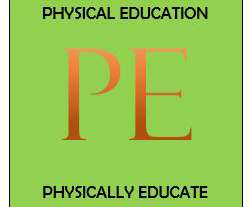
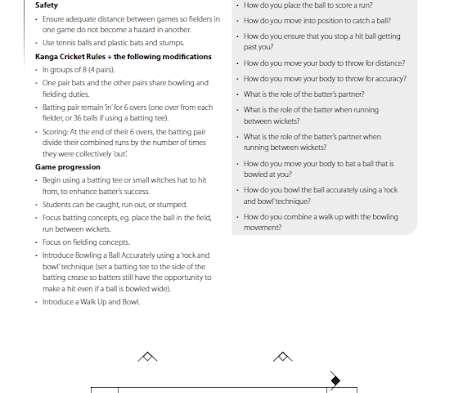
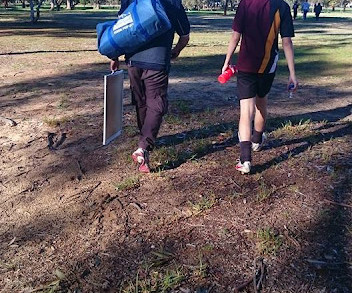
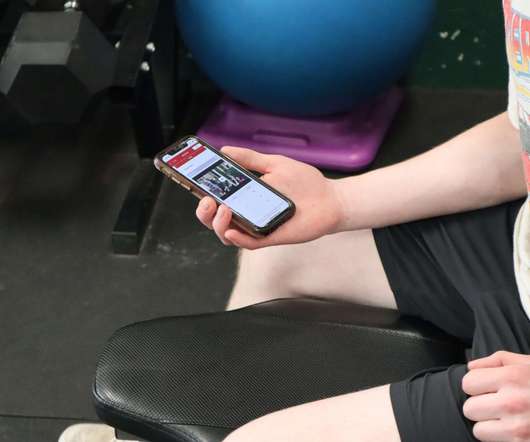
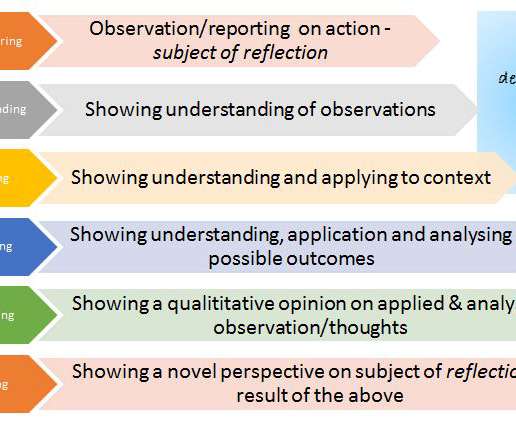
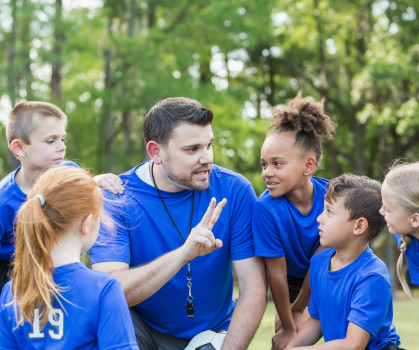
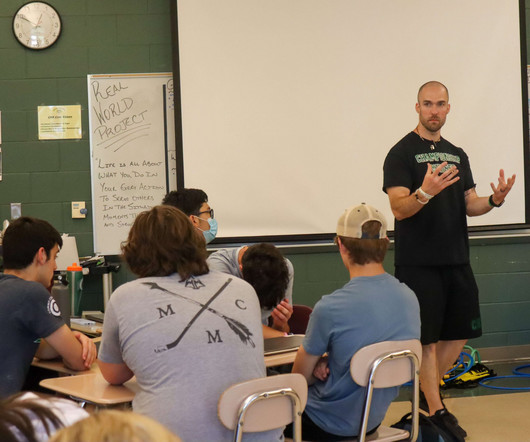
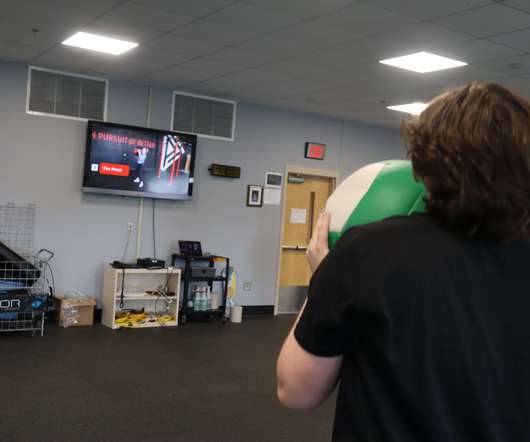






Let's personalize your content